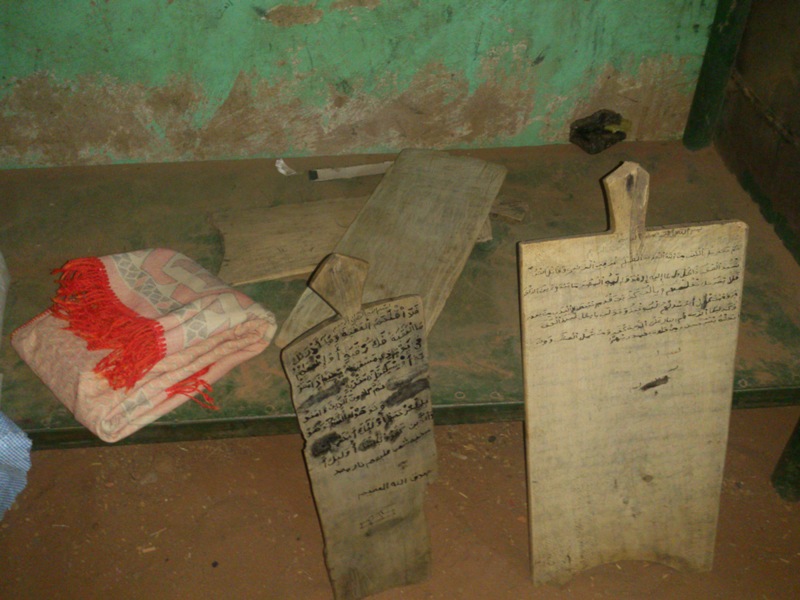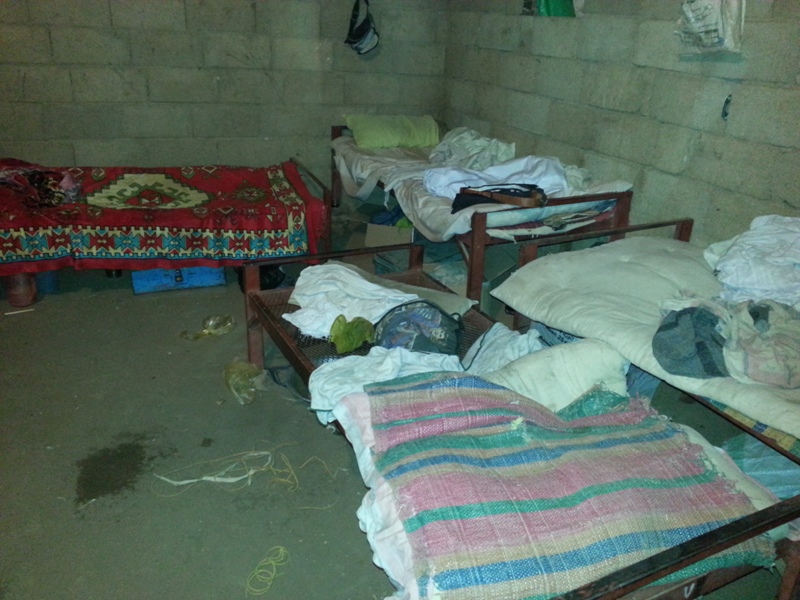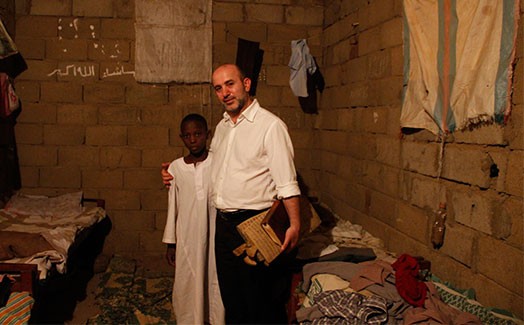
On visiting the Kalakla district the IHH teams visited the Sheikh Abdullah Qur'an course, followed by a visit to the Sheikh Mukhtar Madrasa in the northern Kordofan region, where they took note of their needs.
The IHH teams were overwhelmed on seeing the Sheikh Abdullah Qur'an course building was in ruins. The poor conditions the students were forced to endure were summarized in one question:
If these children are going to heaven, where are we going?
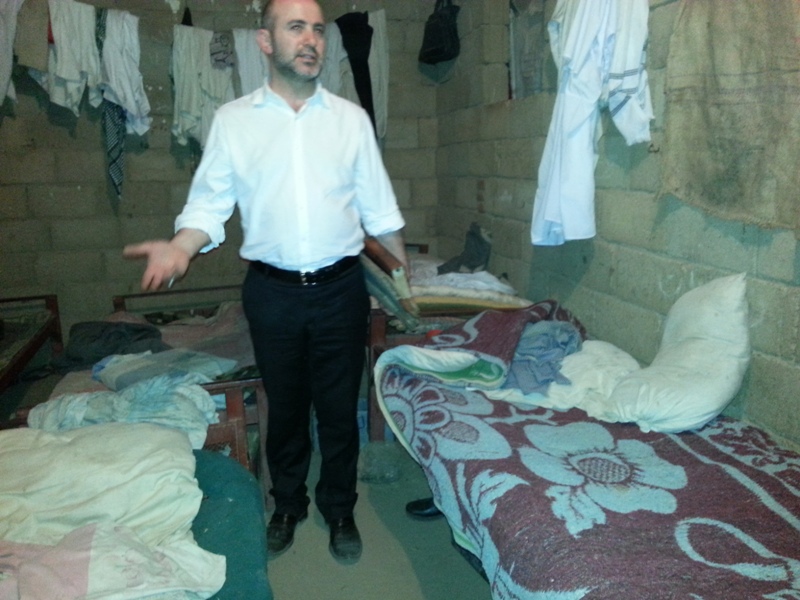
Speaking on the conditions, the course teacher Sheikh Abdullah said "The children eat once a day, which is usually something like chicken feed which we ration. They don't eat fruit or meat or anything else. In other Muslim countries meat is thrown out on the street. I swear what they are doing is a sin."
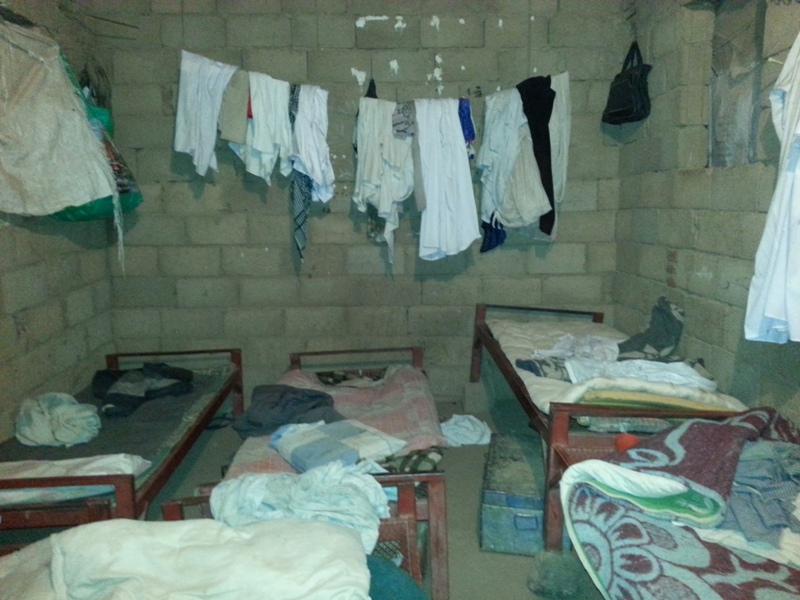
In a place where the minimum temperate at night is 30 degrees, for the children, sleeping in such ruins is torture. They do not even have any beds to sleep on, and are forced to sleep on the floor.
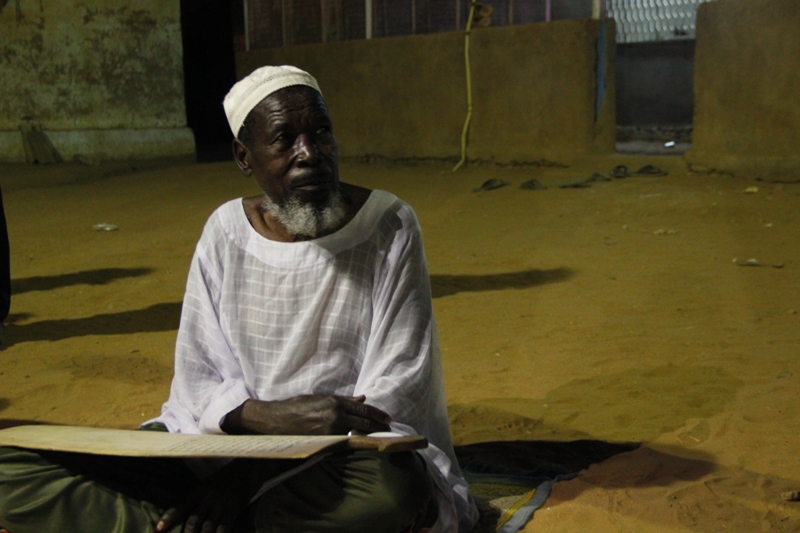
Hasan Abdullah Qasim stays with the children as a guide. The 70-year-old left everything behind to start learning the Qur'an at that age.
IHH's Africa representative Serhat Orakçı said, "First of all we need to send them Qur'ans, food and meat to help them. Then we will need to help fix up the bedrooms."
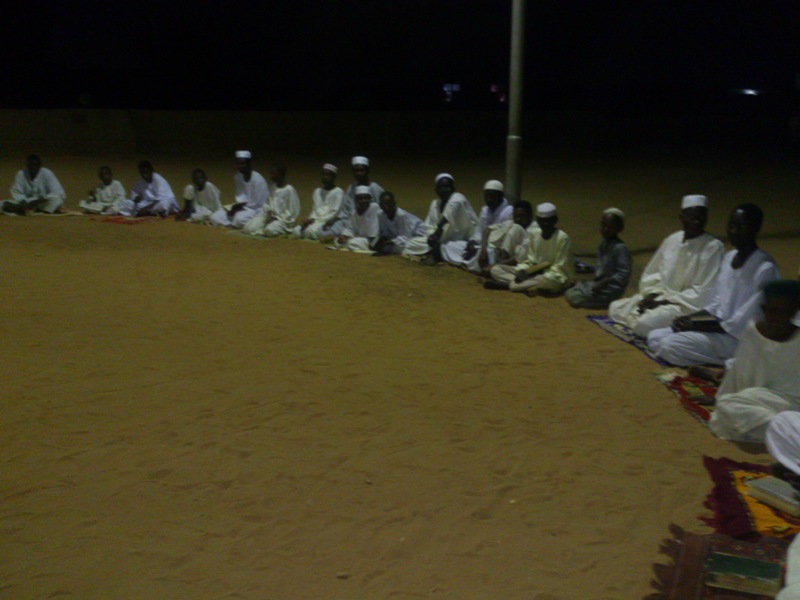
Among the children are Somalis, Central Africans, Chadians, Ethiopians, Darfurians and those from other countries around Sudan. However, due to a lack of resources many applicants are turned back.

The next day, the IHH team visited the Sheilk Mukhtar Qur'an course, which had just as many needs as the Sheikh Abdullah Qur'an course. Taking note of these needs, the team promised to get to work immediately.
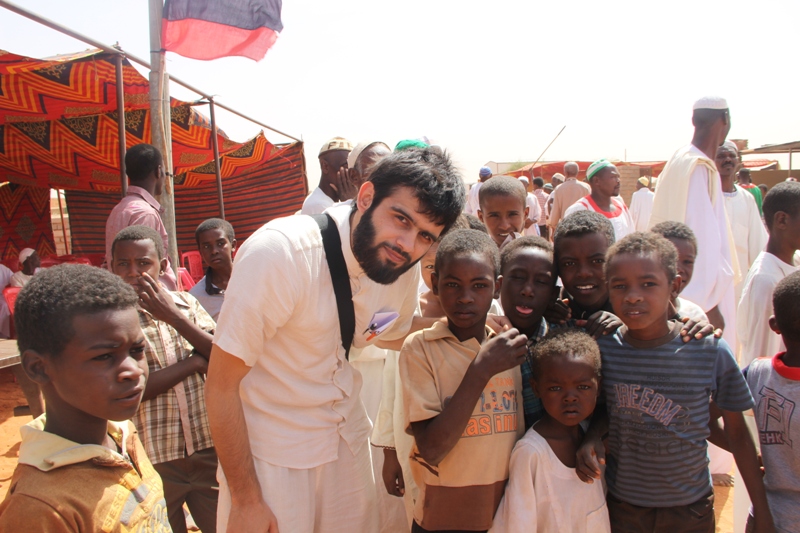
IHH has a long history in taking care of dorms, Qur'an courses, madrasas, mosques, medical centers and many other places in need of restoration.
